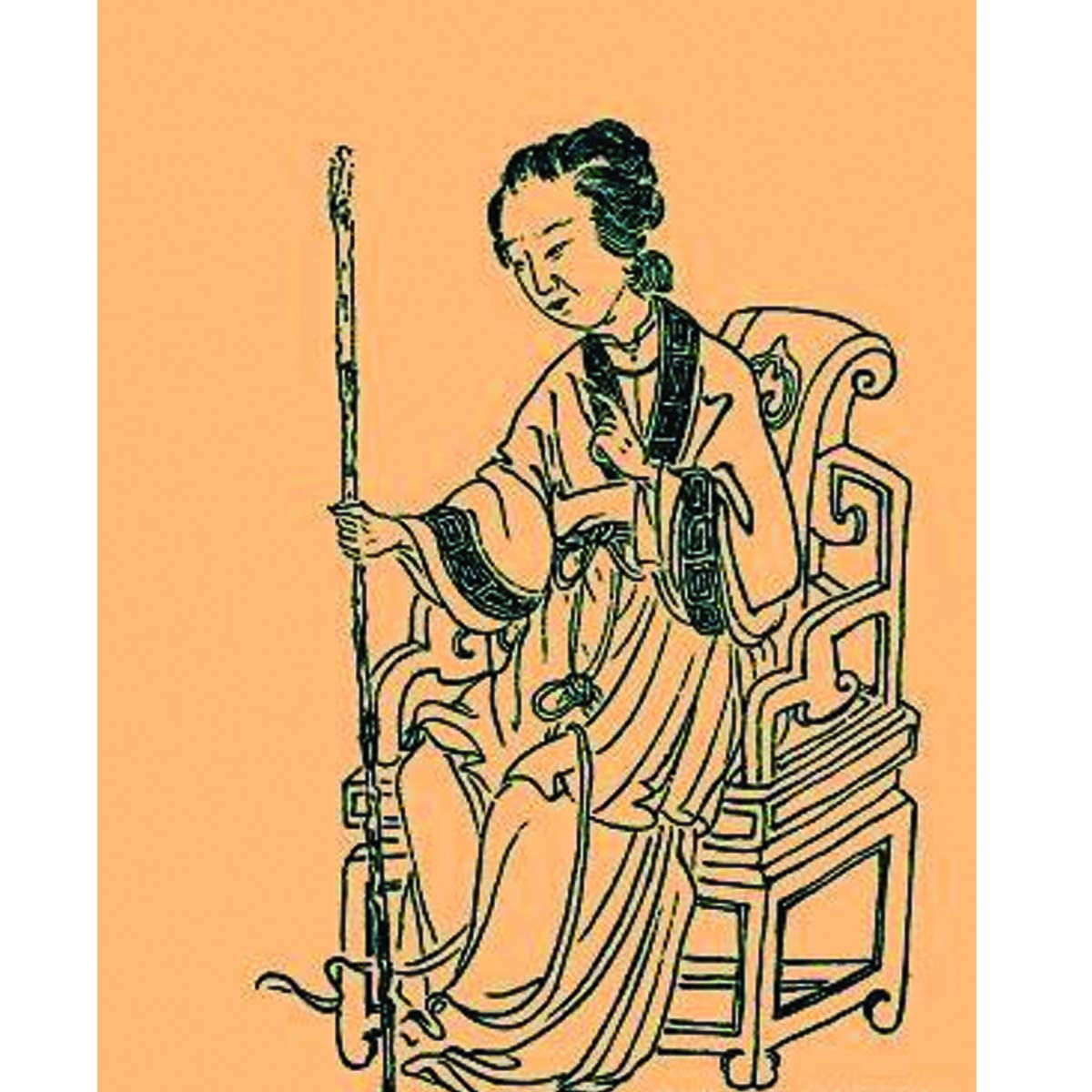Li Jing Rang (李景讓) was appointed by Tang Dynasty Emperor Wu Zhong (唐武宗) as supervisor of western Zhejiang (浙江) in September 846. But his fame was due in great part to his mother, Madame Zheng 鄭氏 (in ancient China, the wife is mentioned and recorded by her surname only), a person of good strong character.
Madame Zheng was widowed at a young age and left with three sons. Because her family was poor, she could not send her children to school and educated them herself.
One day, after a heavy downpour, a wall of their old and dilapidated house collapsed. Their maid discovered a lot of old money hidden inside it.
When informed, Madame Zheng lighted incense in front of the wall and prayed: “I have learned that acquiring wealth without working would be a disaster. Heaven must have taken pity of my husband’s indigent sons and hence blessed us with such amount of money, hoping that they would have achievements in the future.”
Nevertheless, Madame Zheng decided not to use this money. She believed her sons ought to learn to overcome adversities and succeed through their own efforts. She asked someone to not only put back the money back inside the wall but also rebuild it.
Through her hard work and teaching, Madame Zheng’s three sons – Jing Rang, Jing Wen (景溫) and Jing Zhuang (景莊) – all achieved the rank of jin shi (進士) in the imperial court examination.
Even when he was already a high-ranking officer, Jing Rang would still get a beating from Madame Zheng whenever he committed a mistake – up to when his hair turned white.
When Jing Rang was the supervisor of western Zhejiang, he ordered the whipping of an escorting military official who had violated his order. Unfortunately, the officer died as a consequence. This incensed the soldiers and caused uproar and unrest. A rebellion was in the offing.
Upon learning about the situation, Madame Zheng rushed to the office of Jing Rang, sat on his chair and let him stand in the middle of the hall.
She castigated Jing Rang: “The emperor entrusted you to rule western Zhejiang. The state has its penal code. How come you acted on your own discretion and executed an innocent? If a rebellion erupted, you would not only let down the blessing of the imperial court but even me. Your mother would be ashamed to meet your late father under the earth when she dies.”
She then asked someone to strip Jing Rang of his shirt, poised to whip his back in front of his subordinates.
His lower officials felt it inappropriate to punish their leader so. They knelt down in front of Madame Zheng, beseeching her to pardon Jing Rang. She finally gave in, and the unrest in the army eventually dissipated.
Madame Zheng is one of the great mothers in Chinese history who wielded a great positive influence on her children.
Categories
Great mothers in China’s history





